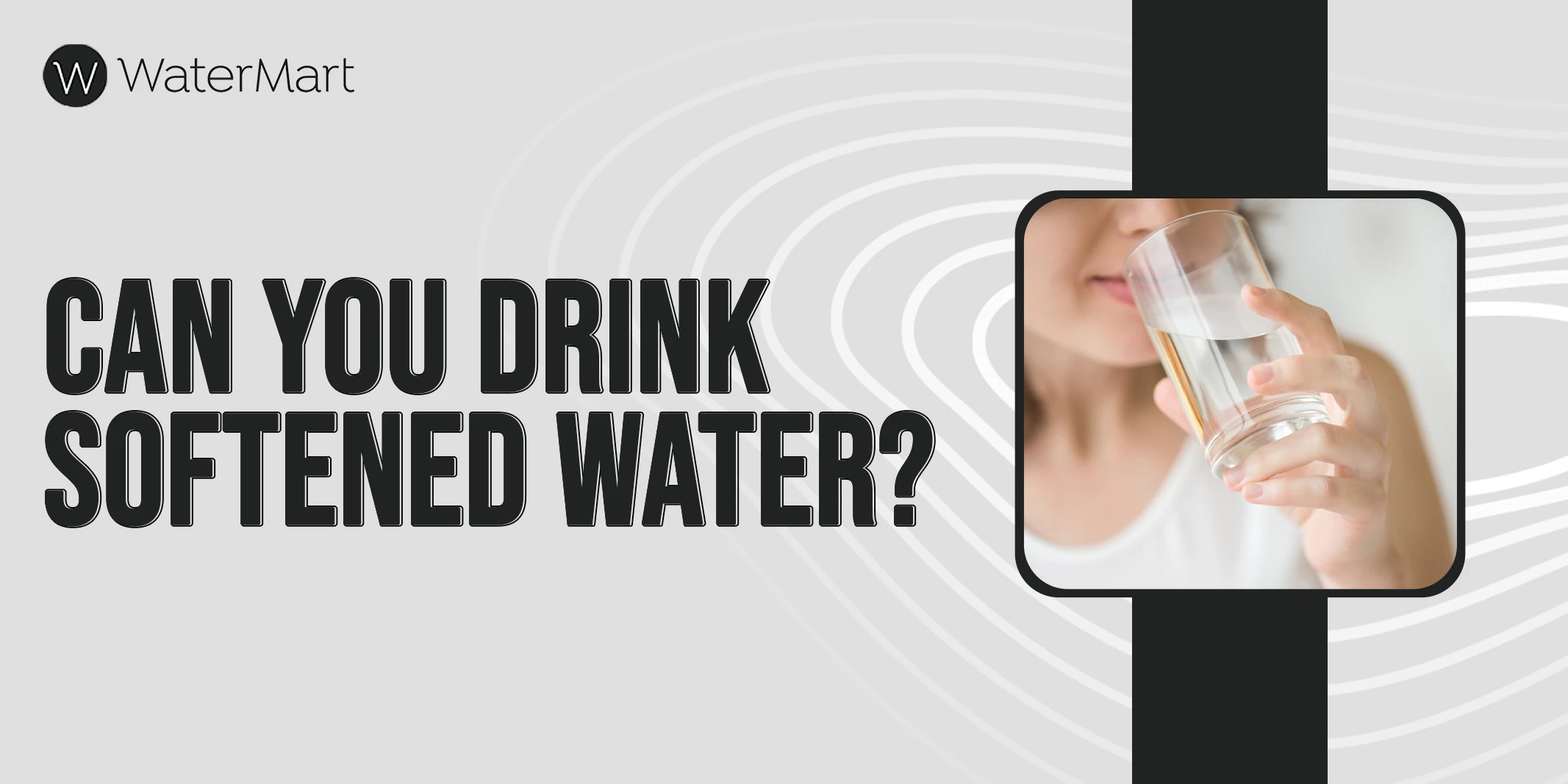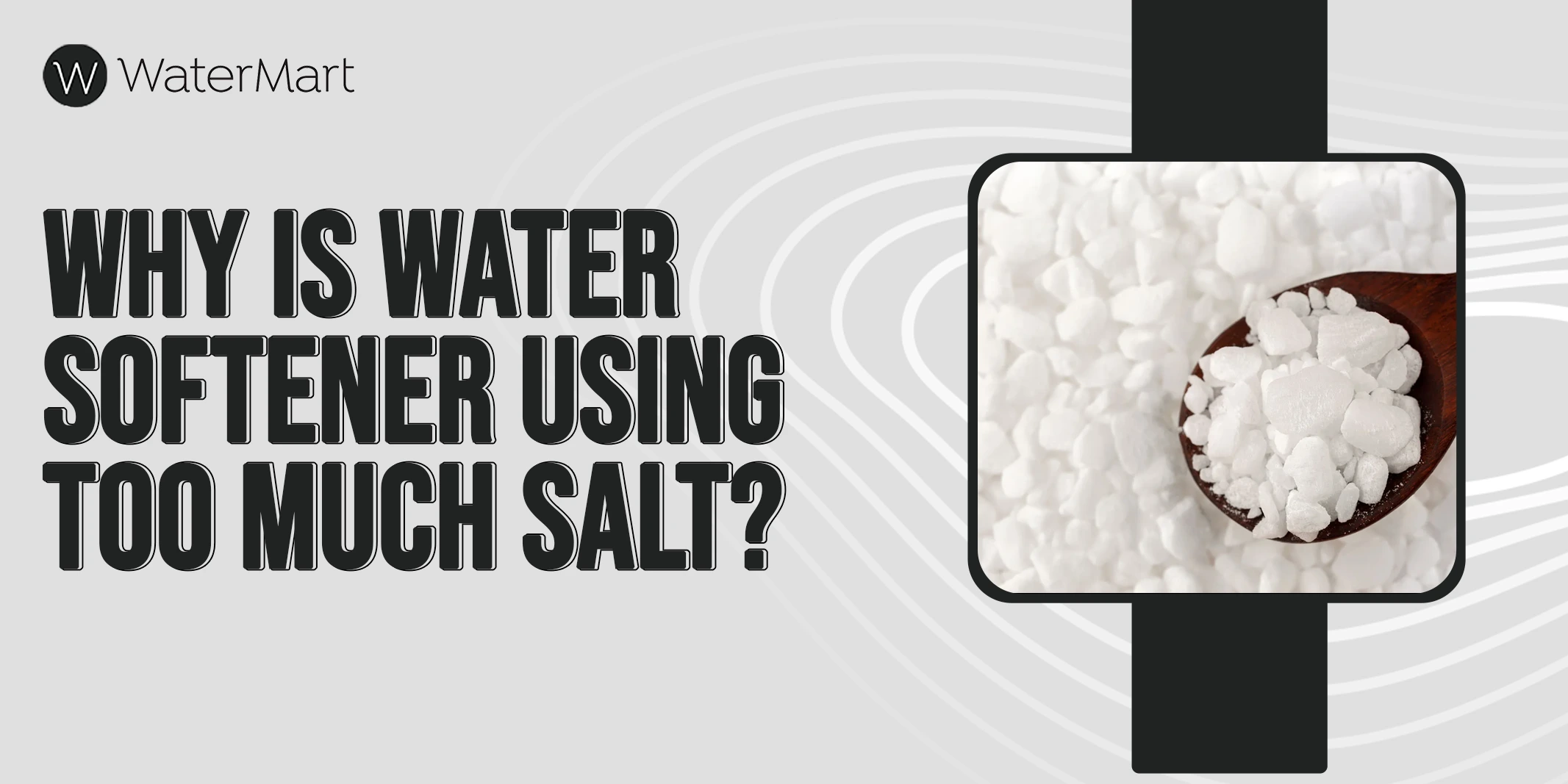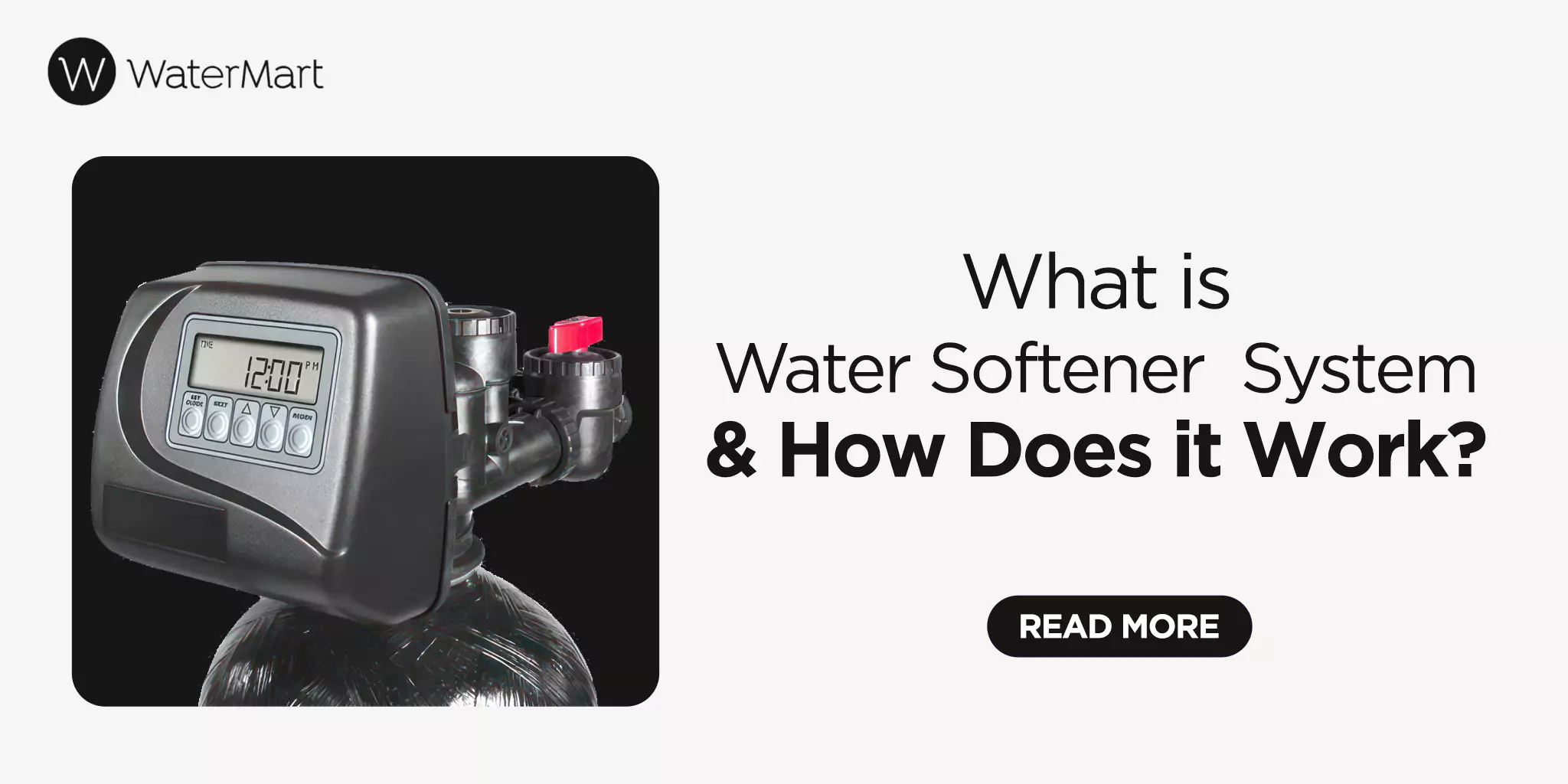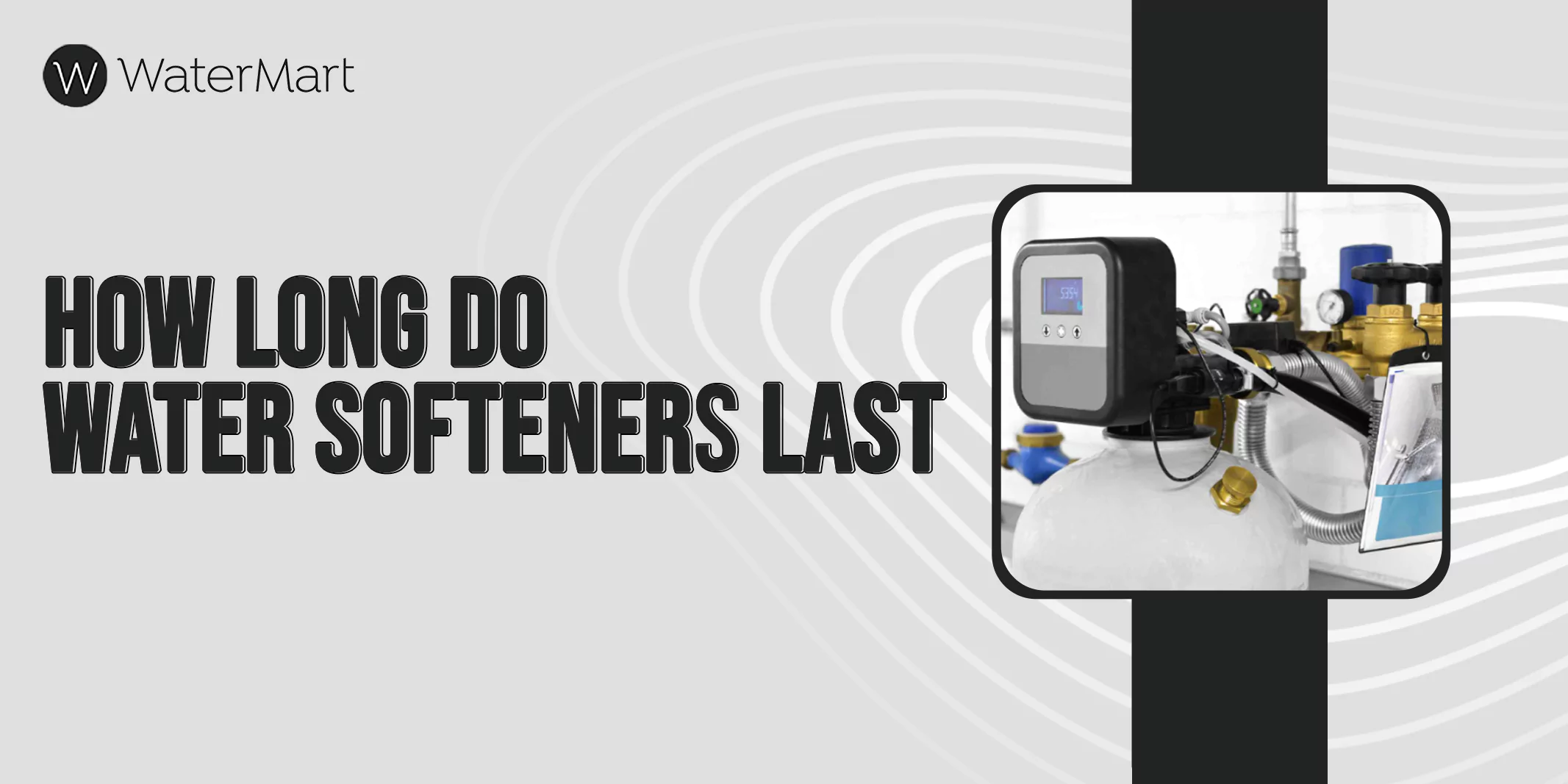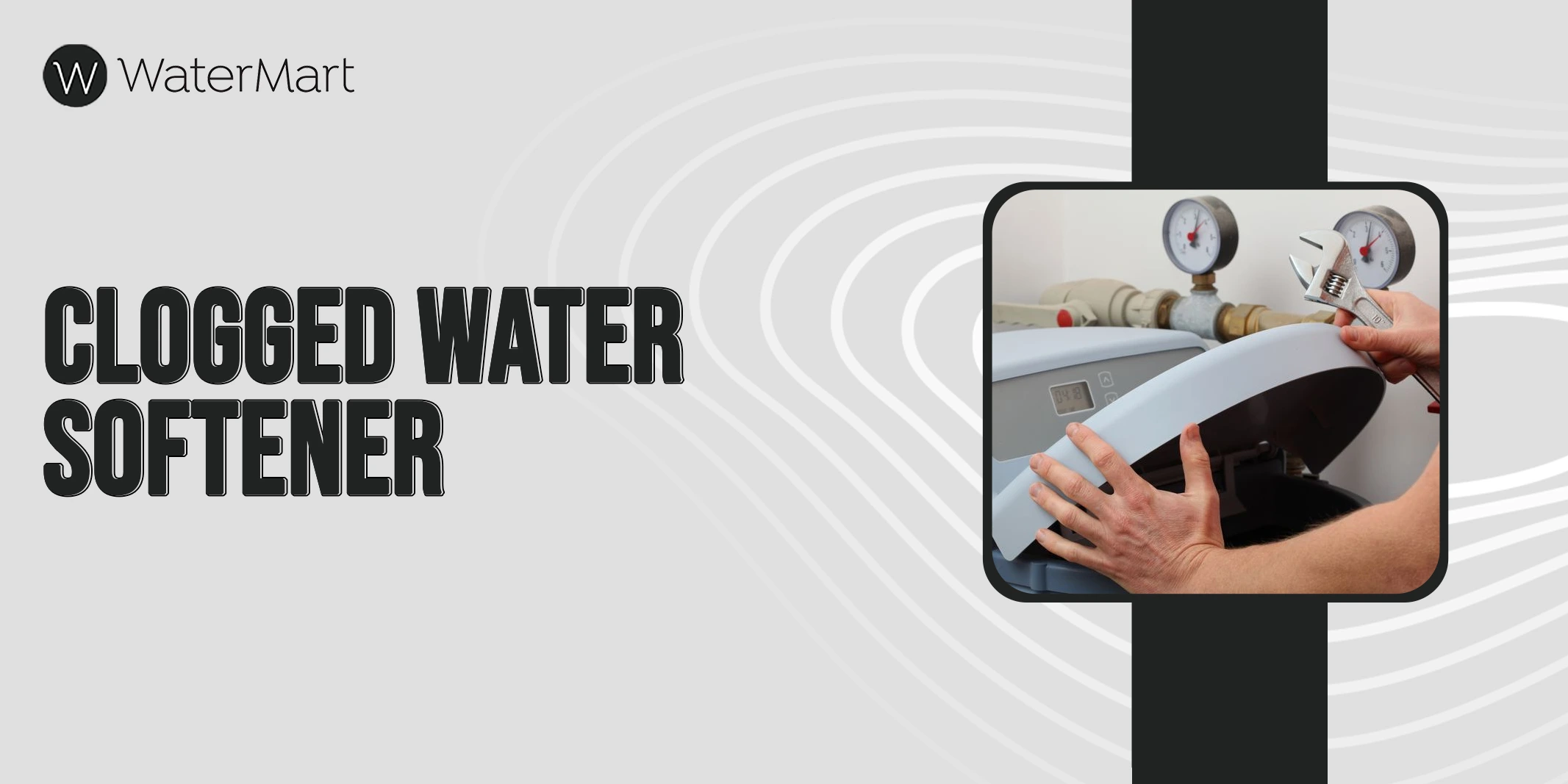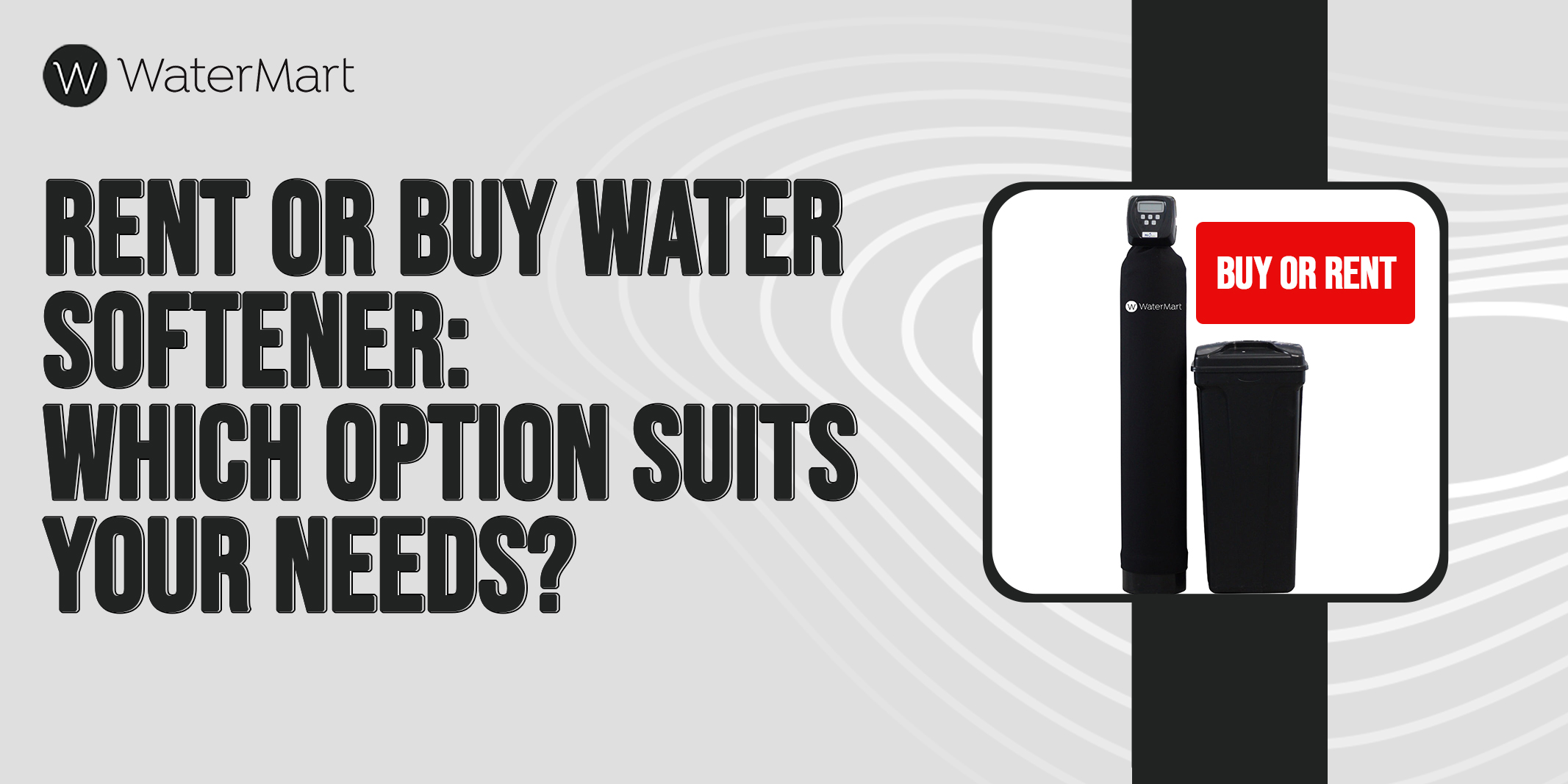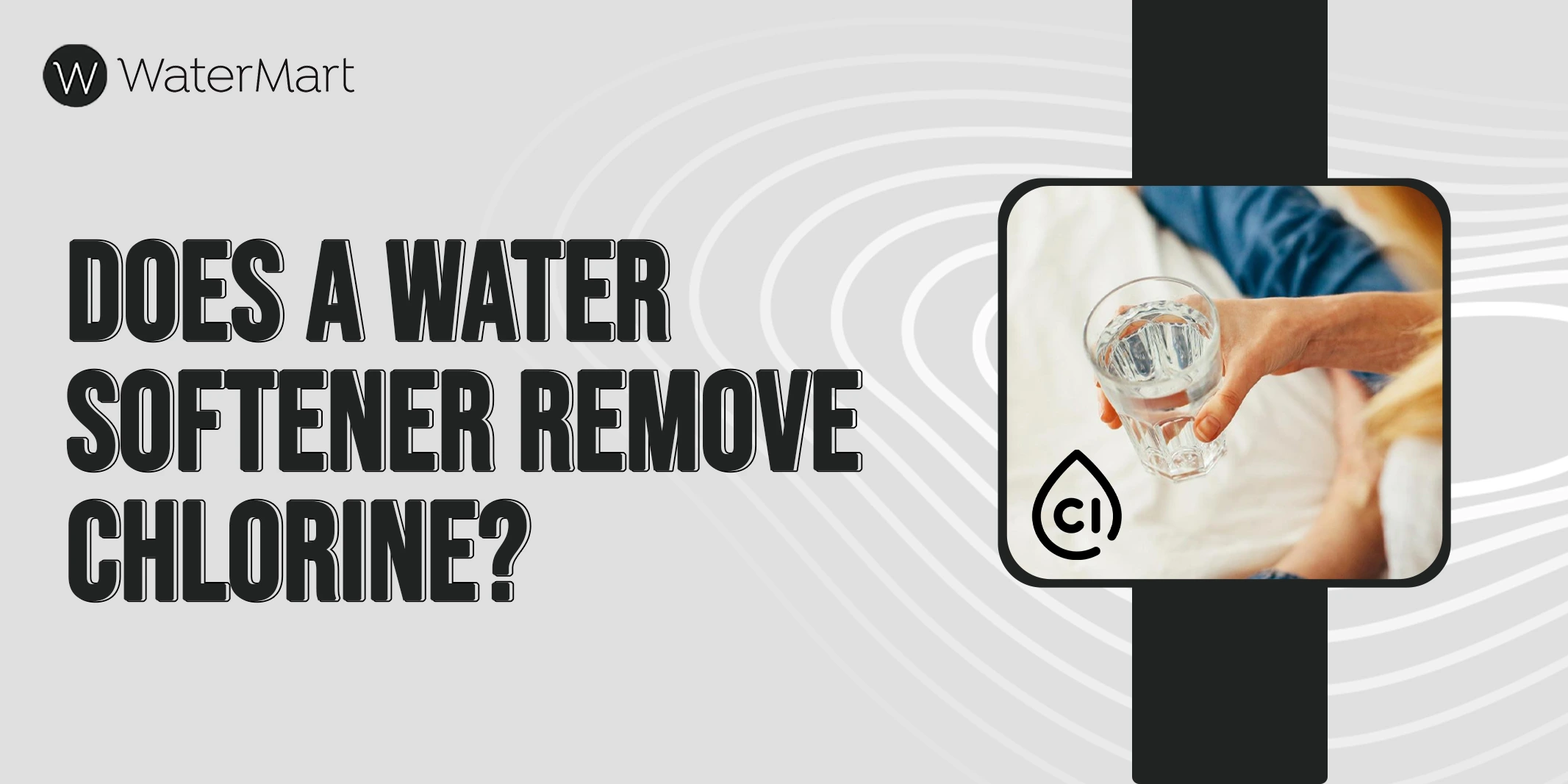Your cart is currently empty!
Can You Drink Softened Water? Understanding the Risks and Benefits!
Water softeners have become a popular solution for tackling hard water in homes, but they also raise an important question: Can you drink softened water safely? While softened water offers many household benefits, including preventing scale buildup and extending appliance life, its sodium content can make some people pause, especially those with specific health concerns like hypertension or sodium intolerance.
In this article, we break down the facts, debunk common myths, and provide clear insights so you can make an informed choice about drinking softened water.
Is Softened Water Safe to Drink?
Yes, softened water for drinking is normally safe. However, during the softening process, as the hard minerals are removed, an amount of 20-30 mg of sodium per 8 ounces goes to the softened water.
Now, a normal person can take sodium input up to 2300 mg (1 teaspoon of table salt), while low-sodium diet patients should not take sodium more than 1500 mg per day (⅔ of a teaspoon of table salt).
For infants, the daily sodium intake is 400 mg, while for children between 2 years to 13 years it varies from 1200 mg to 1800 mg.
So amount of sodium in soft water also varies as it depends upon the hardness level of the water. Sodium itself is not harmful, but as per water regulatory authorities, it must be less than 200 ppm/l in drinking water.
Drinking sodium above 200 mg/liter can increase hypertension in patients with cardiovascular diseases.
| Water Hardness | Added Sodium | Drinking Safety |
| 100 mg/l | 46 mg/l | Yes |
| 200 mg/l | 92 mg/l | Yes |
| 300 mg/l | 138 mg/l | Yes |
| 400 mg/l | 184 mg/l | Add some pre-filters to remove sodium |
The quality of your soft water depends on the initial hardness it had before going through a softening procedure. The harder the water is, the more sodium it will contain after removing calcium and magnesium during the softening process.
How to Make Soft Water?
Softened water is the water that you get from a water softener, after getting all the hard particles and their salts removed from it. Softened water does not have the salts of calcium, magnesium, and sulfate that increase the water hardness levels.
A water softener works on the principle of ion exchange, where hard particles accumulate on resin beads and are then removed by using a brine solution and high-pressure water. This brine removes the hard minerals from the beads and replaces them with positive sodium ions.
This charging of resin beads is called the water softener regeneration process, which helps to soften further hard water.
To understand how hard your water is and whether it needs softening, water hardness is measured in grains per gallon (gpg) or parts per million (ppm). The table below shows the standard classification levels used by water quality experts.
| Degree of Hardness | Grains per Gallon | PPM (or mg/L) |
| Soft | <1.0 | <17.0 |
| Slightly Hard | 1.0-3.5 | 17.1-60 |
| Moderately Hard | 3.5-7.0 | 60-120 |
| Hard | 7.0-10.5 | 120-180 |
| Very Hard | 10.5 | 180 |
Get a free water test from WaterMart to know your exact hardness level and find the right solution for your home.
Potential Side Effects of Drinking Softened Water
There are no potential side effects of drinking softened water reported so far. However, people with hypertension may have sensitivity toward higher levels of sodium it. So let’s look at all the potential side effects of drinking soft water and how you can overcome them.
Increased Sodium Levels in Drinking Water
Increased sodium levels in drinking water can have serious health risks, especially for people with high blood pressure or kidney problems. You can check higher sodium levels through a certified lab, which will measure the sodium concentration in milligrams per liter (mg/L).
If the sodium levels exceed the recommended safe limit (which is 30-60mg/L set by the EPA), consider installing reverse osmosis or a water softener system with a sodium-free resin. Regularly monitor your water quality to ensure the sodium levels stay in check. If unsure, consult a water treatment specialist for tailored advice.
Taste of Softened Water
Softened water has a smooth, silky feel due to the removal of hard minerals like calcium and magnesium. Some people notice a slightly salty taste, especially if the softener uses sodium in the process.
But the softened water is not salty at all. It is just the feeling; otherwise, a slice of ham is saltier than a gallon of soft water. It also depends on the roots of the drinker. If you are raised in an area of hard water and have been using soft water for a long time, you may not feel any difference.
Actually, the absence of hardness makes it feel different from regular water, often described as slippery. This change can be more noticeable when drinking or showering, but many find it refreshing and gentler on the skin compared to hard water.
Effects on People with Specific Health Conditions
Softened water can affect individuals with certain health conditions, particularly those on low-sodium diets or with kidney problems. Since water softeners often use sodium to replace hard minerals like calcium and magnesium, the increased sodium levels may pose a risk for people with high blood pressure or heart disease.
For those with kidney issues, the added sodium can strain the kidneys, leading to complications. These individuals need to consult a healthcare provider before using softened water or consider alternative methods, like potassium-based softeners, to minimize sodium intake while still enjoying the benefits of soft water.
Some Myths about Water Softeners
People get so confused while opting for water softeners as a drinking water option. In Canada, most of the states have hardness levels ranging from 16 – 25 grains, which is considerably higher. Installing water softeners may solve 90% of water problems, but if you are getting the following opinions, take them only as myths.
- Water softeners remove healthy minerals from the water.
- You can’t make tea or coffee using softened water.
- Softened water tastes salty.
- You get a film on your skin if you wash with softened water.
- Municipal water is clean, and you don’t need water softeners for it.
- Soft water is bad for your gut health as it removes good bacteria from the water alongside impurities.
Forget all these things; if these myths are stopping you from getting a water softener. The water softeners are one of the best and most economical methods to remove water hardness, making it usable for your household.
Benefits Of Drinking Softened Water
Drinking soft water is easier on your stomach because it has lower levels of minerals like calcium and magnesium. It often tastes cleaner and smoother than hard water. Soft water can help reduce the risk of kidney stones and scale buildup in pipes that carry your drinking water. It may also make it easier for your body to stay hydrated. Overall, soft water is a healthier and more pleasant option for drinking.
How To Make Soft Water Drinkable?
Soft water has such added benefits that one can’t deny. It is safe for your health and good for your household appliances, and it is an economical budget. Now let’s discuss the people who have sodium intolerance and need sodium-free water.
They can install the RO (reverse osmosis) systems because they are small, portable filter systems that you can install under your sink. RO system uses a carbon pre-filter and a permeable membrane that prevents chlorine, sodium, dust, and many other impurities from going through. You can filter the soft water and enjoy the benefits of both systems in the form of soft, purified, sodium- and chlorine-free water.
Interested In Softened Drinking Water At Your Home?
Enjoy better-tasting, mineral-free water straight from your tap. Softened water is gentle on your body and ideal for daily use. Ready to soften your home water? Contact us today to learn more and get the latest in advanced water softening filter systems.
Conclusion
Water softeners have many benefits that can help you get softened water for better health, improved hair and skin, and protection of your appliances from white scale and mineral build-ups. However, people with a low-sodium diet for hypertension problems may have high sodium levels in water, which is not good for their health. Installing a reverse osmosis filter system can help you get rid of any problems softened water has.
If you are feeling uncomfortable and have no idea how to check the hardness or sodium level of your softened water and how to get an RO system for it, contact us at WaterMart, where we provide all kinds of water treatment solutions for residential and commercial buildings. Get in touch to discuss your details today.
FAQs
If your softened water contains sodium ions or chlorine, drinking it is not recommended, especially for patients with sodium intolerance.
High discharge of sodium and potassium to sewer systems contaminates the wastewater, ultimately adding to the depletion of water. Aquatic life is affected by high sodium levels, along with environmental destruction in terms of adding hard minerals to the water. In places of water scarcity or environmental awareness. Some water softeners are banned.
Yes, the choice of a filtration system depends upon your needs. If your major concern is sodium, use water conditioners. Whole-house water filtration systems and RO systems are other alternatives.
If you want to remove chlorine or sodium from soft water, you need another water filter before the point of use.
Soft water contains little to no amount of sodium; it is normal. A 250 ml of soft water may contain less than 12.5 mg of sodium, which is safe to drink according to the doctors.
